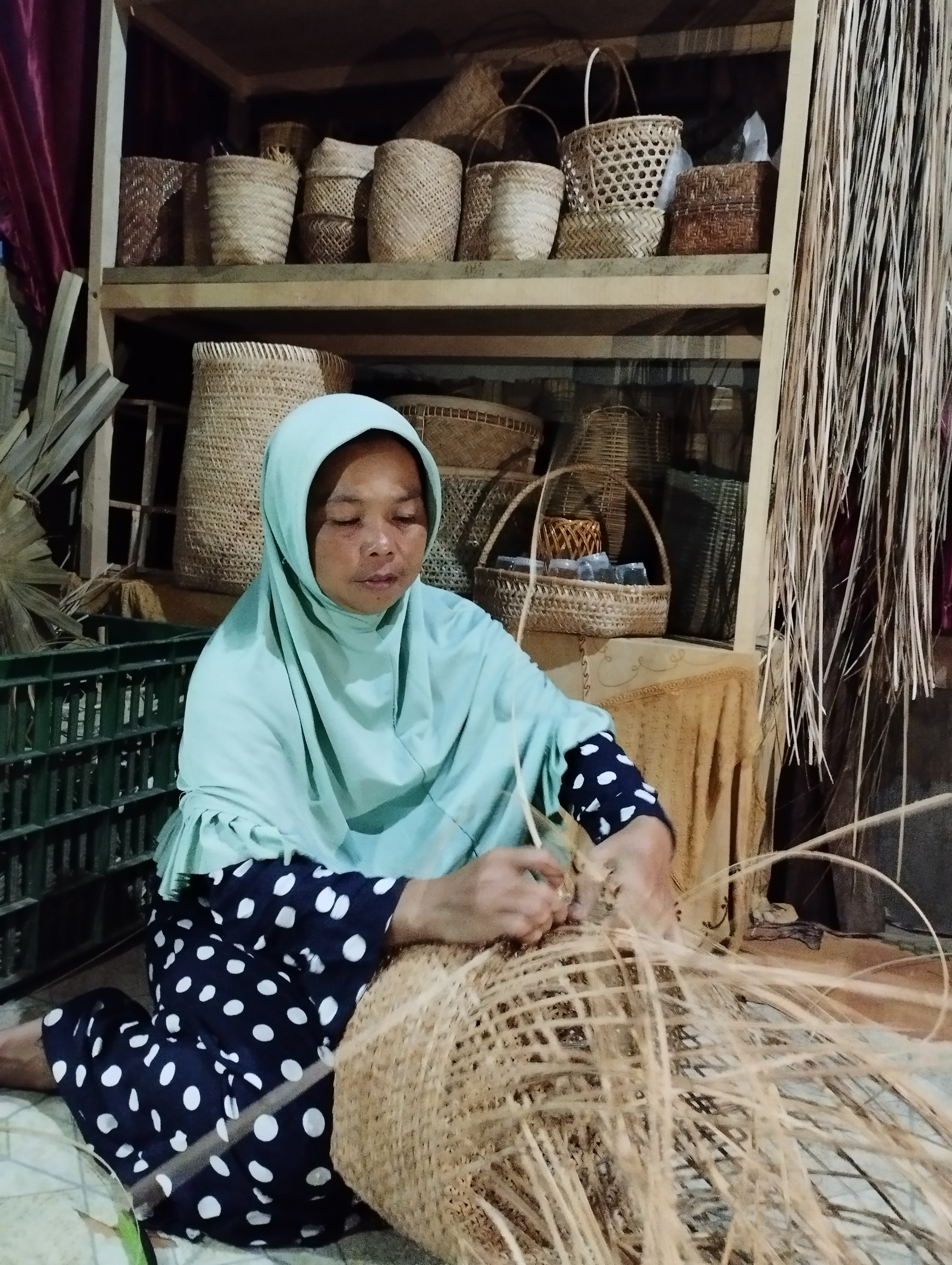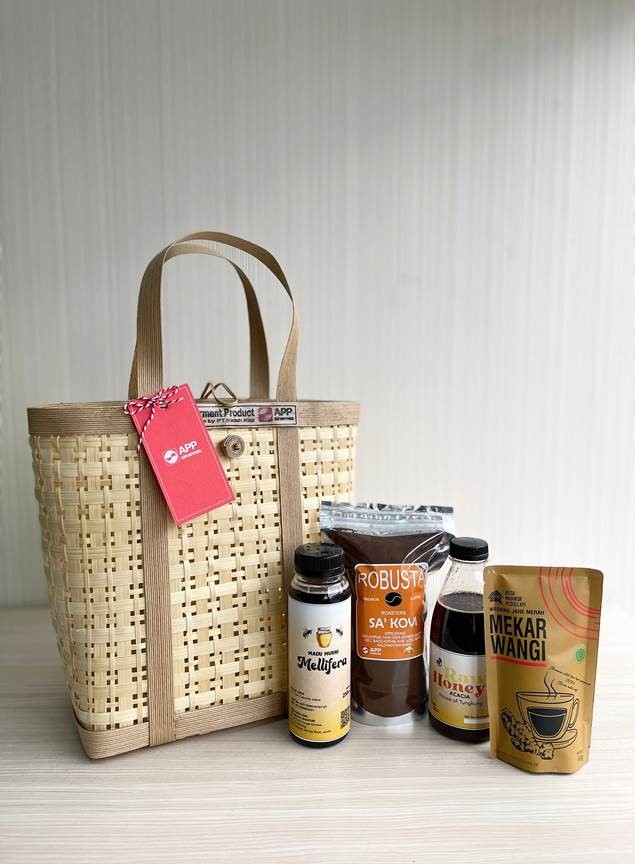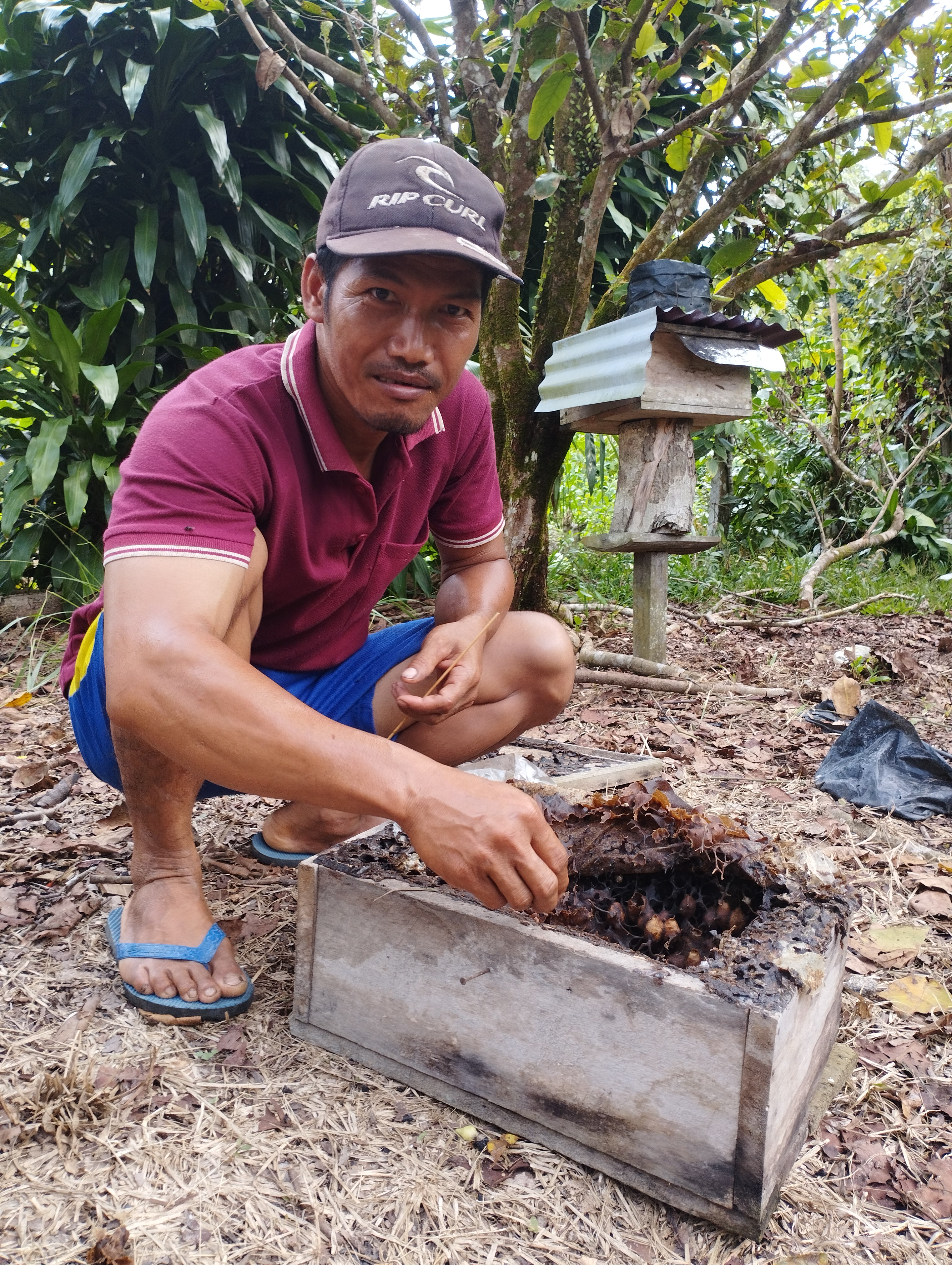Can businesses do well and do good at the same time? Does it make sense for bigger corporations to help micro and small businesses grow? At Asia Pulp & Paper (APP) Sinar Mas, we certainly think so. It might sound like a cliché, but when it comes to the paper and forestry industry which works closely with and in the community, we believe there’s a symbiotic relationship and our corporate responsibility to help the people, businesses and communities to succeed and thrive.
As Indonesia prepares to host the G20 Summit in November, a key priority of President Joko Widodo is to elevate Micro, Small and Medium Enterprises (MSMEs) at the Summit because of the crucial role that MSMEs play as a key economic pillar particularly in developing countries. Based on a World Bank report, MSMEs create half of all the jobs globally and contribute as much as 40% of the GDP of developing countries.
Data from Indonesia’s Ministry of Cooperatives & SMEs indicate that MSMEs have contributed 62% of the total national GDP, or equivalent to Rp 8,500 trillion, and absorbed a staggering 97% of the workforce of the business world in 2020. With the number of MSMEs reaching around 65 million spread across various sectors, MSMEs have proven to be the economic backbone of the country.
APP introduced its flagship Desa Makmur Peduli Api (DMPA) program, based on the Integrated Forestry & Farming System concept, in 2015 because we recognized that ending poverty and other deprivations must go hand-in-hand with efforts to improve health and education, reduce inequality, empower women and spur economic growth – all while tackling climate change and working to preserve our oceans and forests.
Another goal of the DMPA is to lessen the pressure on forest land through providing alternative livelihoods for the communities living in and around forested areas. To ensure the sustainability of the program, it is made voluntary and encourages ownership of the community as well as improving the capacity of village-owned institutions. The DMPA was conceived from the outset not just as a token CSR activity to help us check off the community engagement box, but was designed to achieve the dual purpose of moving villagers away from harmful farming practices that could lead to deforestation, while creating opportunities for communities to embark on alternative sources of income and build sustainable livelihoods, including empowering women to work, own and run businesses.

When we launched the DMPA, we set out to have 500 villages join the program and we are encouraged that by the end of 2021, the program has reached 386 villages and benefitted more than 31,000 households and 82 Women’s groups, across Indonesia.
Additionally, the DMPA has supported the creation and growth of many micro and small businesses established and run by participants of the program. For example, 100 farmers have been nurtured into successful entrepreneurs, serving concurrently as DMPA champions and agents of change, while nine cooperatives and 130 village-owned companies have also emerged from the program.
Just as President Widodo plans to prioritise MSMEs at the G20 Summit, APP is glad that its DMPA program has and will continue to support the Indonesian government’s efforts to help grow such businesses in the country given their impact to the local economy, creating employment opportunities and raising incomes among communities. Importantly, DMPA has made an impact on the health & wellbeing of the community and the environment, by preventing and reducing harmful farming practices, such as using fire for land preparation.
DMPA has spurred other partnerships including the development of a guideline to develop a business model for the community, originating from the desire to replicate DMPA in other villages outside APP’s suppliers’ concession areas to support the government in local economic development while at the same time ensuring environmental protection.
Another key outcome of DMPA is improving access to market for MSMEs during the pandemic. This was done through the provision of training on digital marketplace and business incubation.

APP collaborates with online marketplaces such as Shopee, Tokopedia and Blibli to provide training to the MSMEs on how to utilise the digital platforms to widen their market reach. While there are still challenges on accessibility, we are encouraged that a lot of the MSMEs that we nurtured have taken on the challenge to be digitally present.
The DMPA program also engages with the Indonesia Womenpreneur Community to provide business incubation support to strengthen business foundations, from managing finances and resources, to branding and promotion, to equip them with the necessary expertise to grow their business.
Strategic partnerships between MSMEs and larger enterprises are important, as are sharing of real-life examples that have worked. Through APP’s own experience in developing the DMPA, we have come to appreciate the importance of viewing these partnerships not as handouts to the MSMEs, but facilitating and enabling them in areas such as capability-building, sharing of best practices, and opening access to markets for products and services offered by the MSMEs.

Moving forward, APP will continue to invest in and focus on opening more access to the markets for participants under the DMPA, and to diversify the types of MSMEs under the program working in tandem with the government and other stakeholders along the value chain of sectors relevant to MSMEs, to put in place a vibrant, viable and sustained ecosystem that will enable more MSMEs to grow and eventually ‘graduate’ to become larger national, regional and even global businesses.

